4. Capsizing the pressure to be self-made
Description
What’s with the pressure to be self-made? Especially in the US.
In a world where being a lone wolf superhero is a sign of strength—there’s the constant pressure of finding success by being self-made. Even if it makes us miserable.
Like taking on something we hate because it just makes us sound good. Going after the money because that’s what you “should” do. Or ignoring our conscience because that’s what everyone else is doing.
But some, like Hazen Audel, stick to their calling. A biologist, wilderness expert, teacher, artist, adventurer, and presenter of National Geographic’s Primal Survivor on Disney+ — Hazen spent much of his time with traditional communities in South America, Asia, and Europe.
Even though he lives in the US, he spent much of his life worldwide, studying and teaching skills only few possess, like: bushcraft, fishing, hunting, shelter-building, roof-construction, raft creation, foraging, tropical biology, and ethnobotany. He’s lived with traditional communities like Brazil’s Houranis, Ecuador’s Kiicha, Africa’s Samburu, and Laos’ Mekong.
The pressure to be self-made in the US, may have been the root cause of us going from one ill-suited lifestyle to another.
Listen to this episode if you’re wondering what exactly is going on with all the pressure to be self-made in the US and worldwide.
—
In case you’re out and about without WiFi later, download this episode now.
Music: Silhouettes by Tobias Voigt (License code: 8IDBGGC5WXLDYLAU)
In this episode:
The one person who can champion the passion for things people think are strange.
Charisma in the animal kingdom: fostering the courage to handle snakes, scorpions, and creepy crawlies.
Deciding what’s worth bringing back from your travels.
The dark side of medicine: Are we totally missing the answer to a lot of our problems in the US?
The Last Tools on earth: thousands of years of unwritten human history that you need to know.
Being at the intersection of two worlds: What to do when you have to fly around the world all the time.
Why other people don’t always “get it”—whether it’s your passion, interest, or way of life.
When someone disagree with your vision: A ballad of meaning in National Geographic, Icon Films, and independent movie-making.
How Primal Survival actually ended up on National Geographic: One man’s journey of intelligent perseverance that took him from the US to world adventurer.
What different Hollywood producers actually think of culture.
Episode 4 TRANSCRIPT
Capsizing our way up to being enough: A cautionary tale of bloodthirst in the US
THALIA:
So I want to start with this question, because I've been curious about this particular object that you seem to have with you everywhere you go, or maybe a type of object. You mentioned when you were 19 and you started out in Ecuador, which we'll talk about in just a little bit, you had a tea kettle that you stuff $70.00 into.
And also, I noticed when you went, when you were younger, with your dad, every August, and you went on these awesome epic trips, just across the country, I noticed that you also mentioned that you had a coffee can, and you stuffed the cool, rolly pollies and grubs and all these other things. And it also seemed like when you were younger, even … That's something that you did.
Do you still do that? Is that something that you have in your truck? Or has the novelty sort of worn off?
HAZEN:
I think you are spot on. Yeah, yeah, you targeted a couple things that are part of my history. That's not a history of the present moment.
I do think that I was, when I look at the antics that I still carry out today, it's things that I learned that I loved when I was a kid. And I honestly have never grown out of it. I guess I will say, still to this day, I consider myself a professional kid. But yeah, as far as catching rollie pollies, and I used to shove back in the day, I can age myself here … —
But prior to pretty much tupperware, there was a gallon coffee can with the plastic lid on the top. And then you take a screwdriver, and you pull holes in the top, and you go out and catch things. And I can … I can open up a can of coffee and smell that. And it immediately put me into the zone of, oh yeah, there should be frogs or snakes in here. The smell of coffee, I don't know. But yeah, I always thought that everybody really loved snakes. Everybody loves kids in the boys. And it felt like that, you know, you could, when I was younger, you could kind of wrangle up just about anybody to start looking at the bark and stuff and looking for stuff. And beatles and everything.
But I think what I really … I was shocked to find that they weren't all that interested in that stuff anymore.
And my interest in that, in doing that, never ceases. So by the time you are in grade school, where … I was always escaping under the holes in the cyclone fence. And then during recess, I’d be looking for drain mammoths. And I'd always be bringing back snakes, and cicadas, and whatever I found during those few minutes of free time during school.
And I never wanted that for myself. It was just, I've always been able to do what I love. And I'm, I guess you just, I do it ceaselessly, in that reckless abandonment … I can go back to my days of grade school. I think I always was, I didn't know how much of a misfit I was.
But I,—OKAY, what did they say—“add to my own drama”. And even though I think I was a nightmare to try to control. And as a student, when I was younger, because I was constantly daydreaming. And I think they have terminology for now, ADD and all that sort of stuff.
The one person who can champion your “weird” passion
HAZEN:
But for every single teacher that I had in my grade school, what came with me was: every teacher had to inherit the fish tank. It was kind of a terrarium that I kept with me. And I think that's just the only thing that could … Well, it was pretty much after every recess I had something. And it wasn't going to be contained. It was going to be let loose in the classroom. So every teacher had it, had it, had that terrarium.
And it was always full of some sort of animal. And then, and I guess, yeah, I looked at it as for myself. But I also, I think—I always felt like I was showing people how cool that different kinds of: that one particular beetle was that I found. Or that one spider. Or how unique it was that I found the salamander in the back of the schoolyard.
And then the kids would like it. But that's just, so, I guess now, as we're talking, I’ve always known that I've blooded myself. But I also. Again, here, I am in my mid 40s thinking, you know, I, I think I've always loved educating. I've always loved sharing my passion.
THALIA: So, um, was there ever a teacher who particularly encouraged you?
HAZEN: Fortunately, I think I can say, one thing that sticks out of my mind is my fifth grade teacher. I think, me being a teacher, you know, a professional teacher, high school biology teacher. I can remember my 5th grade teacher just allowing me to have the windows of the classroom as a place for me to grow plants and start to have little fish tanks. And I had this whole menagerie of all these different things.
And even though I was being pulled away to go into the special reading group and the special math class, I think he’s that one particular person saw that I had a—I don't mind saying it's probably a real gift. something that was unique. Like I said, I was, it was a very unorthodox passion that I've always had. And he fostered it.
Charisma in the animal kingdom: The courage to face snakes, scorpions, and creepy crawlies
THALIA:
Is there an animal that you've always, even to this day, you just kind of, you know, nerd out over that. Where you're like, “Oh my god, this is the coolest thing ever!” Even though you've seen it multiple times. And then you're still kind of, every time you see it, you're like, you know, can you have that kind of childlike exuberance? Is there a favorite animal?
HAZEN:
Well, even just right now, you're, you're catching me. I did a red eye trip. I've been driving across the state all night long. I got in about 2:30 in the morning. And I woke up and it's new plant life, new ecosystems. And of course, it's spring after a very long winter.
A lot of people, I think, are attracted to the big lions and big charismatic animals. But you can get a teeny tiny pseudo scorpion and I’d get just as excited as I would be if I was to see this … a big elephant.
You know, it's easier to be excited about an elephant. But for me, no, it has just as much wonder to me. Yeah. And I think it's kind of, it's hard for people. Especially with scorpions and things—the creepy crawlies.
Maybe people’s first reaction is always like, “Oh my gosh, it's scary and I want to get rid of it.”
What’s really worthwhile: Deciding what to bring back from your travel
THALIA:
What’s your process in deciding what to bring back or not? Because I know that with traveling, a lot of times things don't always survive the shipping. Or do you just kind of, I'll just build a new one?
Do you have a stash full of things that you're like, “Oh, this is stuff that I'm going to hang up in my house.”
HAZEN:
I have a lot of things that I'm really interested in. And for some reason, I have to surround myself with them. And I wish I could b

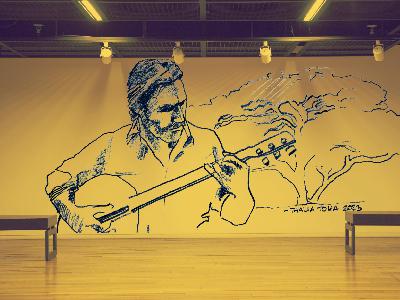
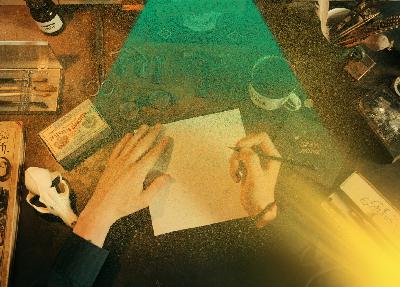
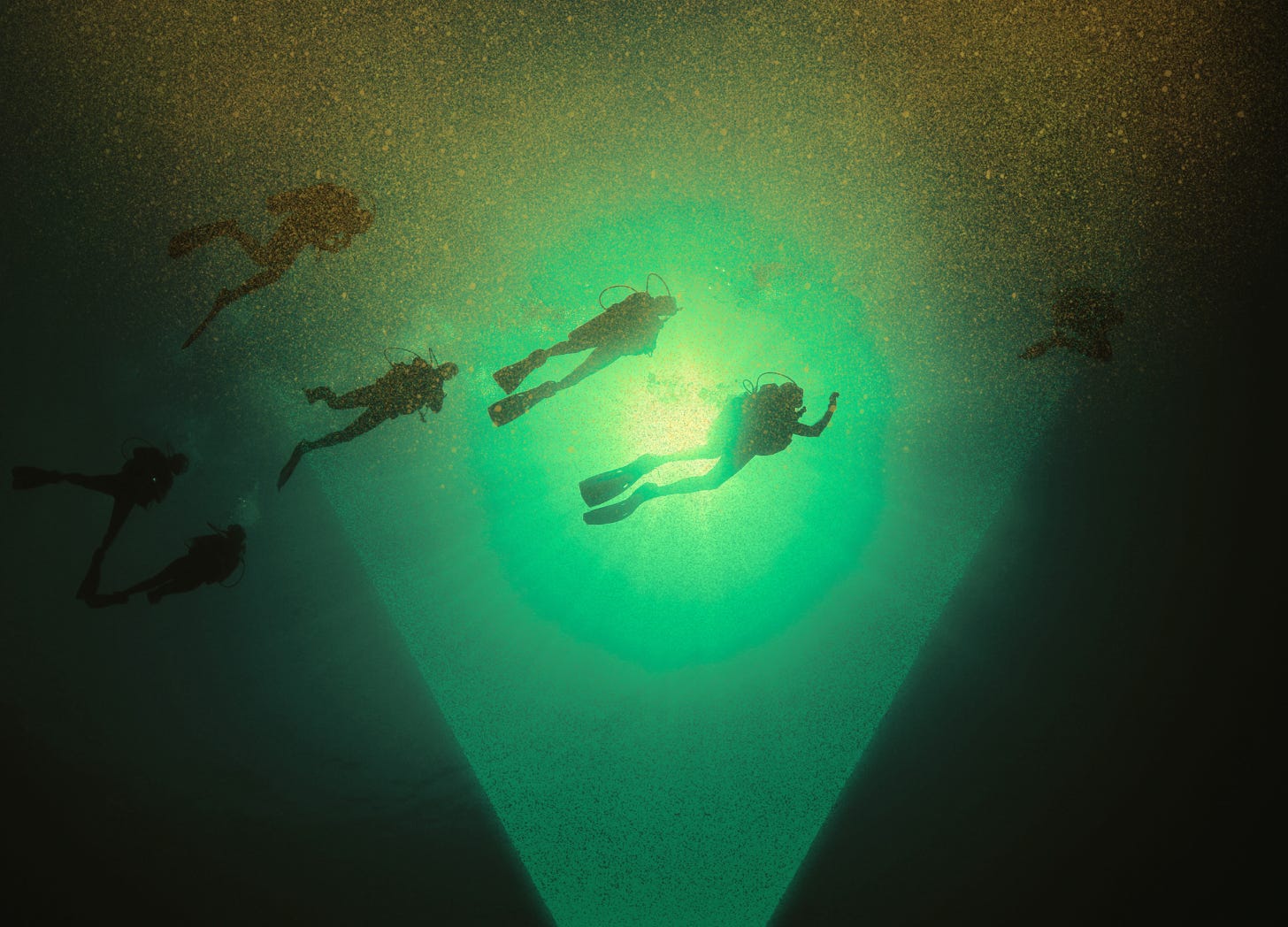
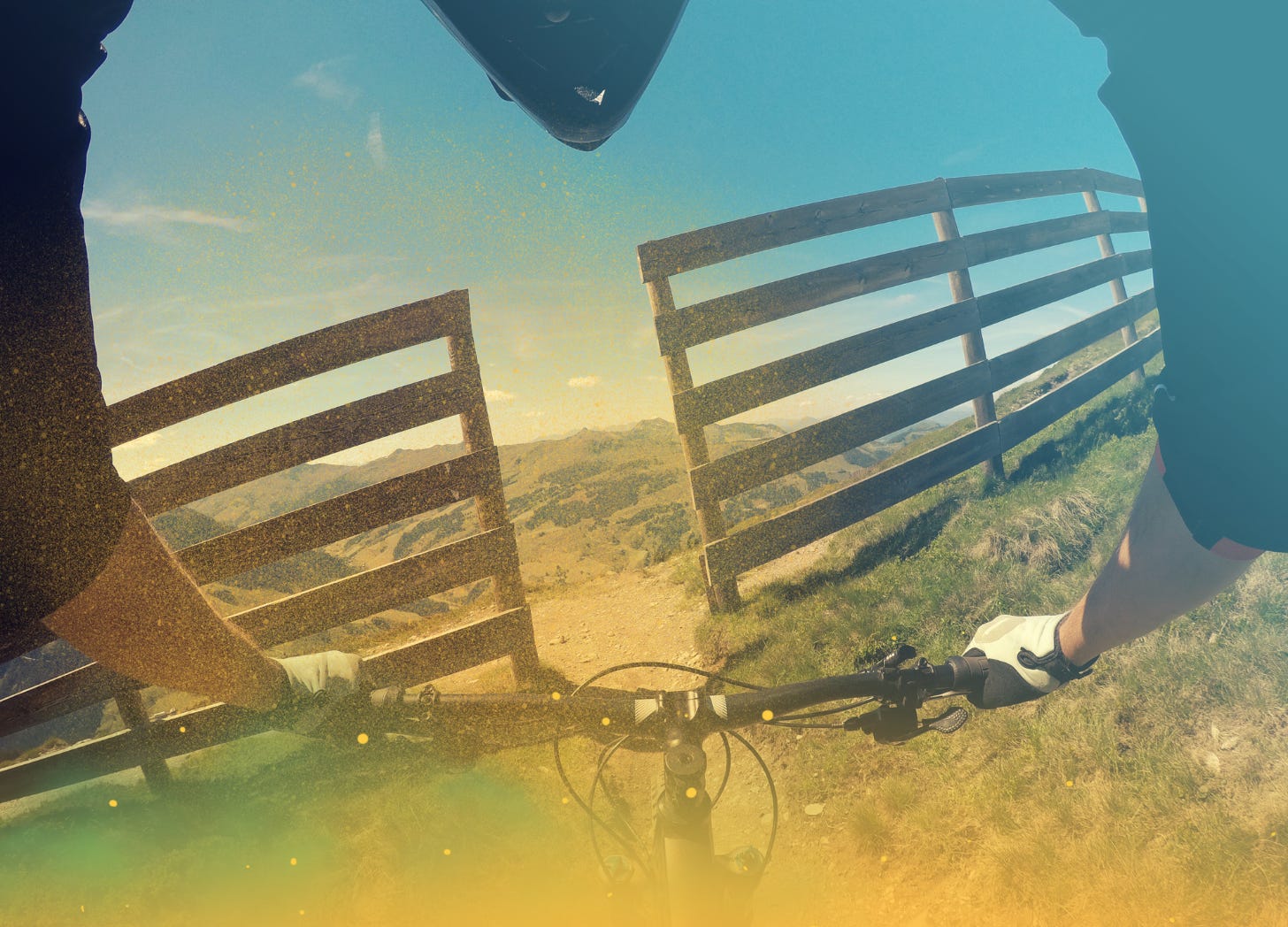
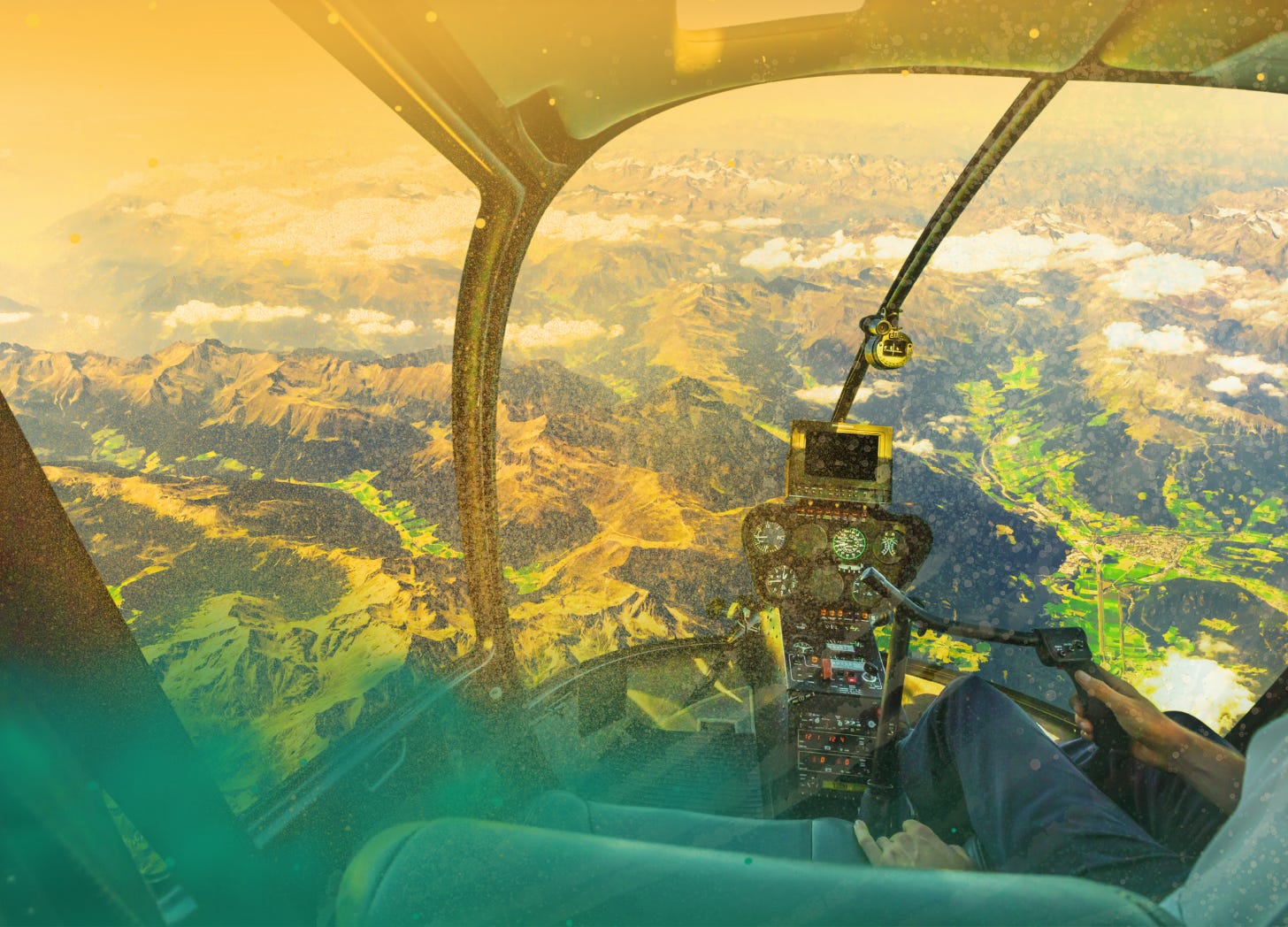
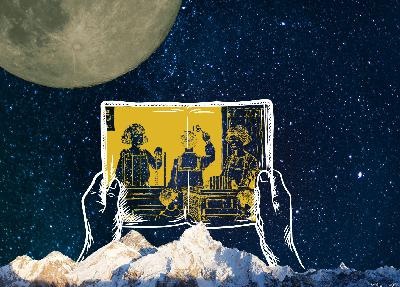
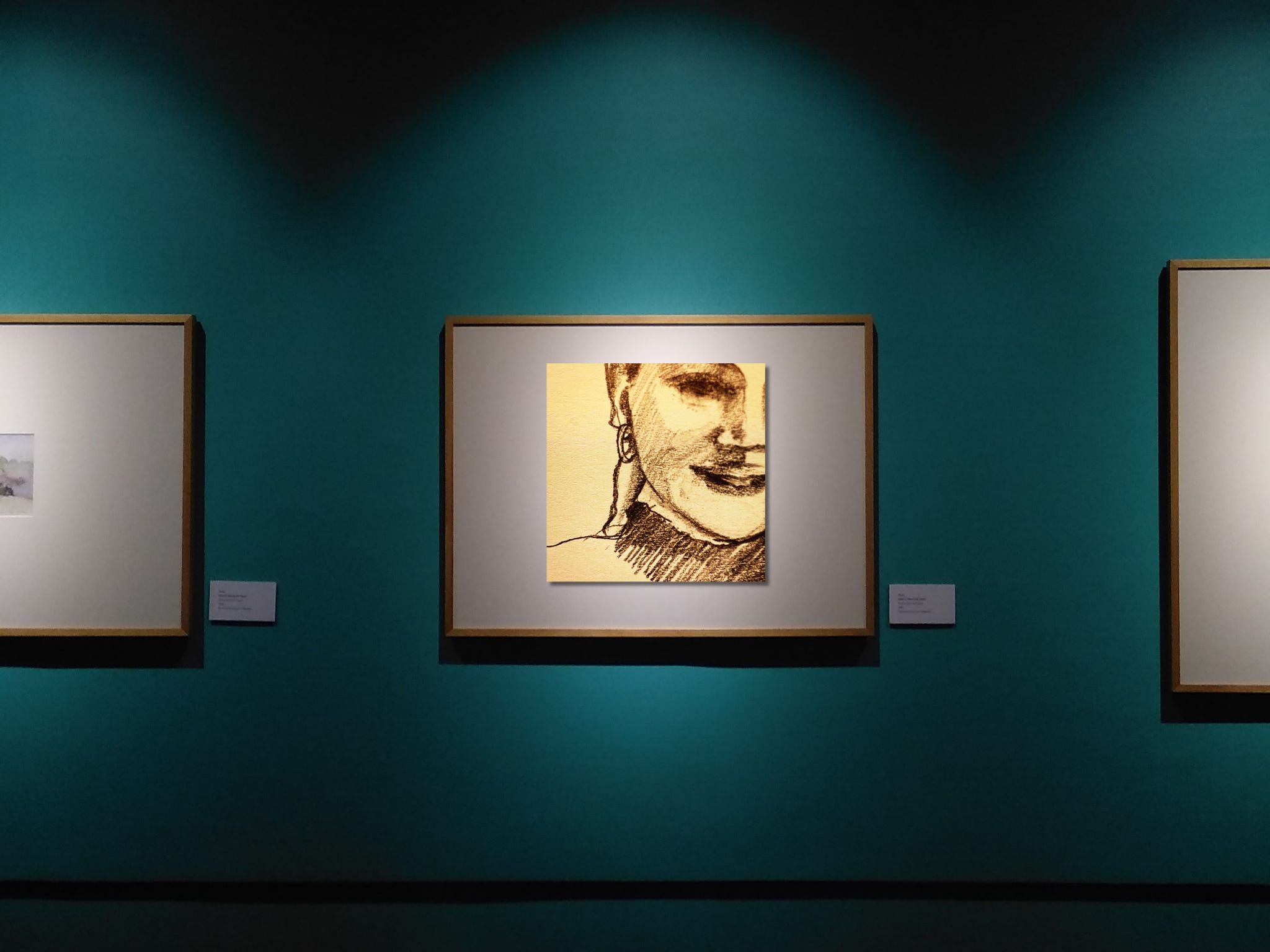

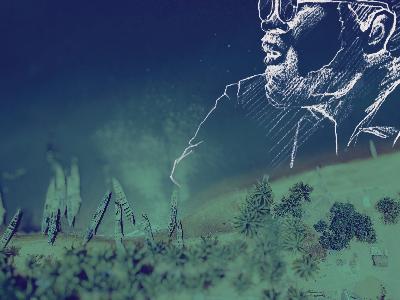
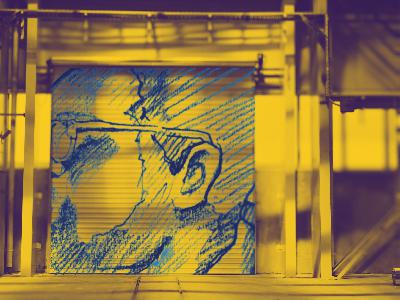


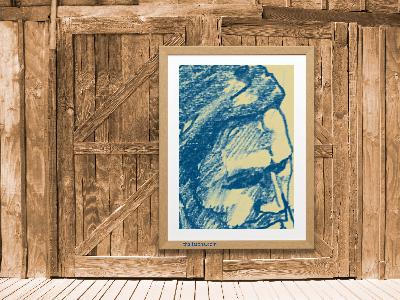
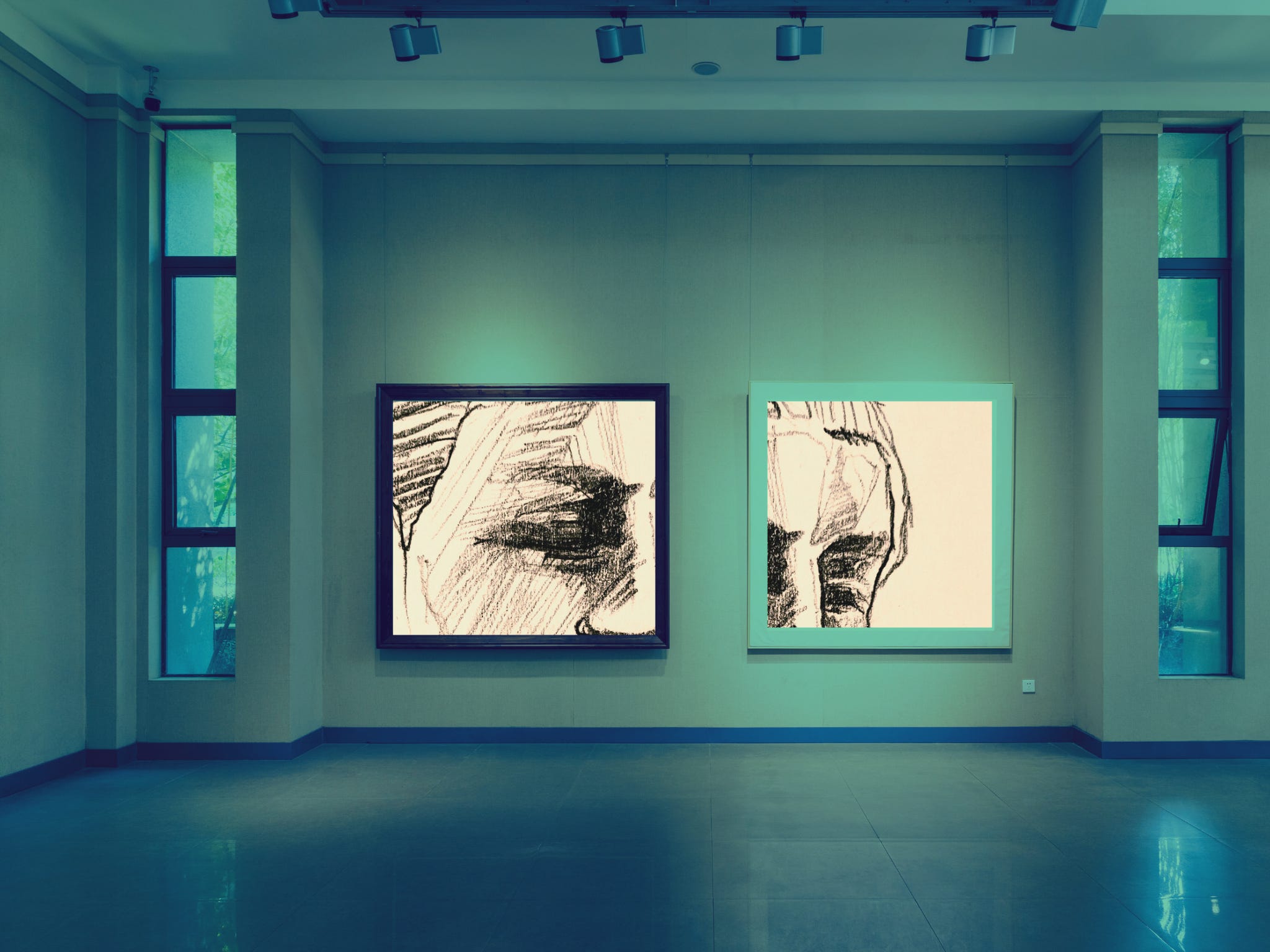
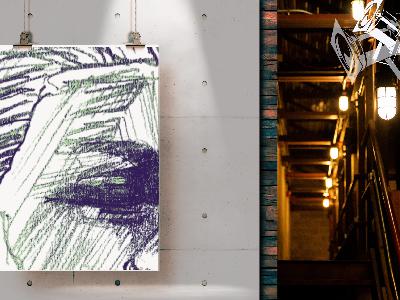
![1. Why we want to do everything at once [An Internal Logic] 1. Why we want to do everything at once [An Internal Logic]](https://substackcdn.com/feed/podcast/1909227/post/138192032/ed23403f2ddb56ee3e75c8377474e6fe.jpg)



